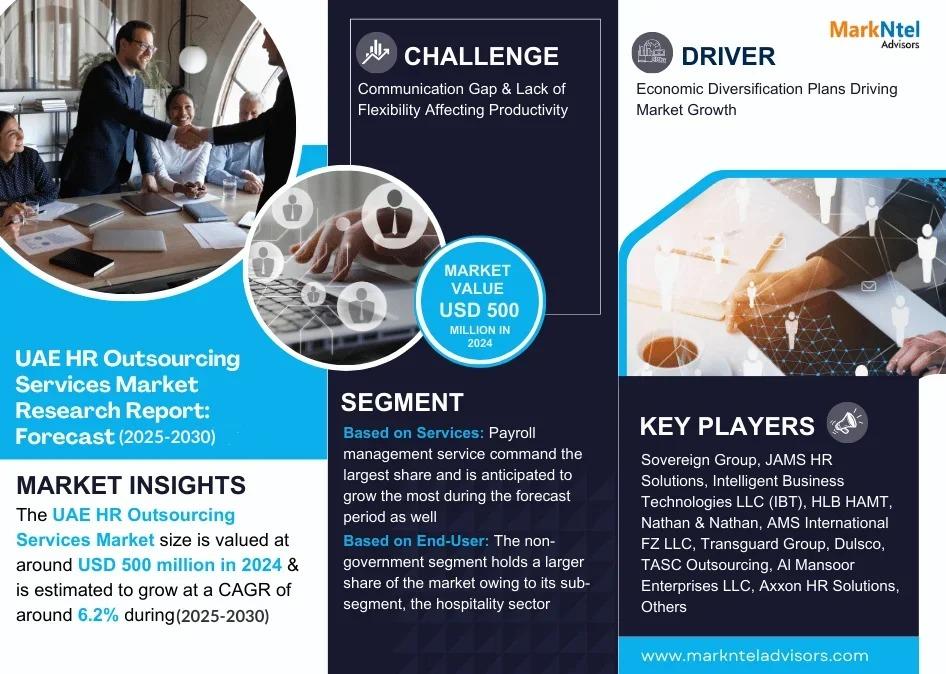The Evolution of Legal Marijuana Workplace Safety: Ensuring a Safe and Productive Work Environment
As the legal marijuana landscape continues to shift and evolve, many businesses are left wondering how to ensure a safe and productive work environment amidst the rising tide of impairment. In recent years, the conversation around legal marijuana use in the workplace has shifted from a stigma-ridden afterthought to a pressing concern for employers and employees alike. In this article, we'll explore the complexities of legal marijuana workplace safety and provide insights on how to mitigate the risks associated with impaired employees.
The Dangers of Impaired Workers
Impaired workers can pose a significant threat to their own well-being, as well as the safety and security of their colleagues and clients. According to a study by the American Journal of Industrial Medicine, workers who use marijuana on the job have a higher risk of accidents, injuries, and fatalities. Moreover, a survey by the Society for Human Resource Management found that 61% of employers reported decreased productivity among employees who use marijuana. Clearly, the consequences of impaired workers can be far-reaching and devastating.
The Challenges of Detecting Impairment
Detecting impairment is notoriously difficult, especially when compared to detecting other substances like alcohol. A 2019 study by the National Institute on Drug Abuse found that only 14% of marijuana users reported being tested for impairment in the workplace. Moreover, many impairment detection methods, such as urine screens and breathalyzers, are notoriously inaccurate when it comes to detecting marijuana use. This lack of reliable detection methods leaves employers scrambling to find effective solutions.
Real-Time Detection with Gaize
That's where Gaize comes in – a cutting-edge solution that provides real-time drug impairment detection. Our 6-minute test can detect current impairment from marijuana, alcohol, opiates, stimulants, and more. Unlike traditional methods, Gaize's technology is designed to detect impairment, not just substance use. This means that employers can confidently address impairment-related issues, rather than simply reacting to positive test results.
Benefits of Real-Time Detection
Real-time detection offers a multitude of benefits for employers, including:
Improved Workplace Safety By identifying impaired employees before they cause harm, employers can significantly reduce the risk of accidents and injuries.
Increased Productivity Employees who are able to work without impairment are more likely to be productive and focused, leading to improved job performance and higher job satisfaction.
Reduced Liability Employers who take proactive steps to address impairment can reduce their liability exposure and mitigate the risk of costly lawsuits.
Strategies for Implementing Real-Time Detection
Implementing real-time detection requires more than just investing in technology – it requires a thoughtful and well-executed strategy. Here are a few key considerations:
Develop a Clear Policy Establish a clear policy regarding marijuana use and impairment in the workplace, including consequences for non-compliance.
Train Employees Provide regular training to employees on the signs and symptoms of impairment, as well as the importance of reporting impairment.
Implement a Return-to-Duty Program Develop a comprehensive return-to-duty program that provides support and resources for employees struggling with substance use.
Conclusion
Legal marijuana workplace safety is a pressing concern for employers and employees alike. By understanding the dangers of impaired workers, the challenges of detecting impairment, and the benefits of real-time detection, employers can take proactive steps to ensure a safe and productive work environment. With Gaize's real-time detection technology, employers can confidently address impairment-related issues and reap the benefits of a healthier, more productive workforce. As we continue to navigate the evolving landscape of legal marijuana use, one thing is clear








